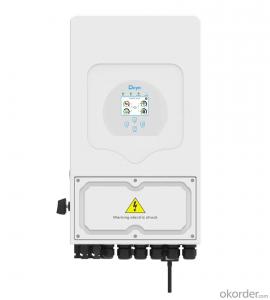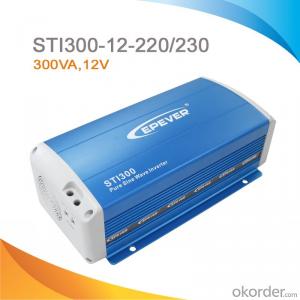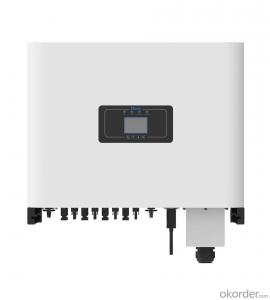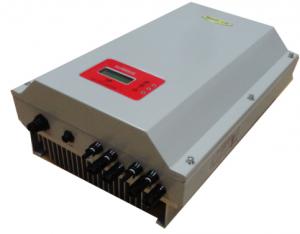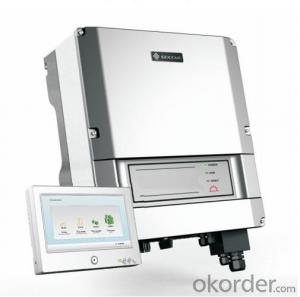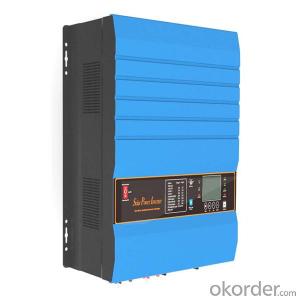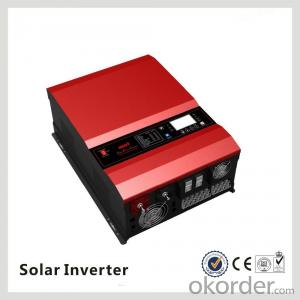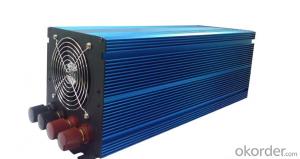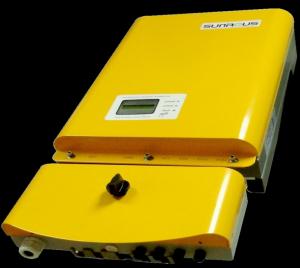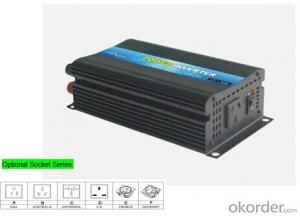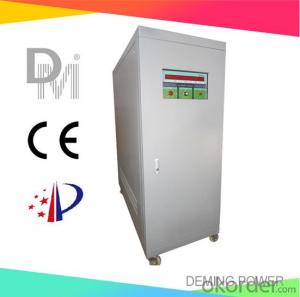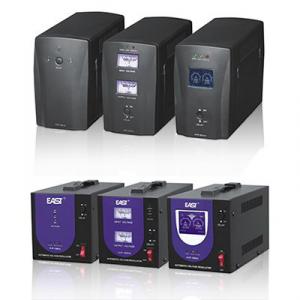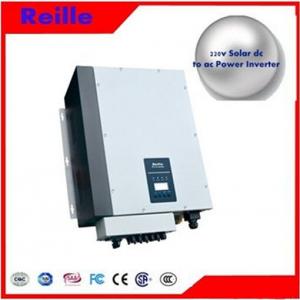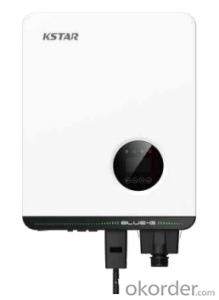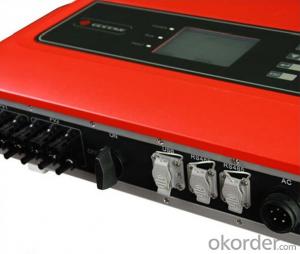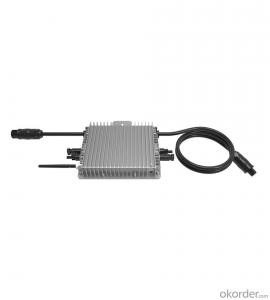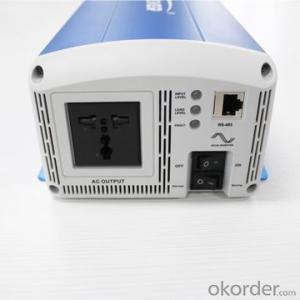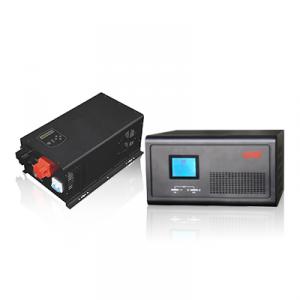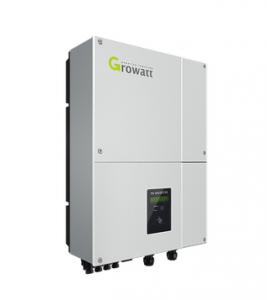All Categories
- - Steel Wire Rod
- - Steel Coils
- - Steel Profiles
- - Steel Pipes
- - Stainless Steel
- - Tinplate
- - Special Steel
- - Steel Sheets
- - Steel Rebars
- - Steel Strips
- - Hot Rolled Steel
- - Cold Rolled Steel
- - Pre-painted Steel
- - Seamless Steel Pipe
- - Welded Steel Pipe
- - Hollow Steel Tubes
- - Galvanized Pipe
- - Stainless Steel Coil
- - Stainless Steel Sheet
- - Stainless Steel Plate
- - Stainless Steel Strips
- - Electrolytic Tinplate Coil
- - Electrolytic Tinplate Sheet
- - Stainless Steel Rebars
- - Solar Panels
- - Solar Water Heater
- - Solar Related Products
- - Solar Inverter
- - Solar Cells
- - Solar Light
- - Solar Energy Systems
- - Solar Controllers
- - Solar Mounting System
- - Solar Pump
- - Solar Chargers
- - Fiberglass Chopped Strand
- - Fiberglass Mesh Cloth
- - Composite Pipes
- - FRP Pultrusion Profiles
- - Fiberglass Mat Tissue
- - Fiberglass Fabrics
- - Fiberglass Mesh
- - Composite Tank
- - Fiberglass Mesh tape
- - Polymer
- - FRP Roofing Panel
- - Fiberglass Roving
- - Monolithic Refractories
- - Ceramic Fiber Products
- - Refractory Bricks
- - Raw Materials For Refractory
- - Suspended Platform
- - Cranes
- - Concrete Machinery
- - Earthmoving Machinery
- - Building Hoist
- - Road Building Machinery
- - Plastic Pipe Fittings
- - Plastic Tubes
- - Plastic Sheets
- - Agricultural Plastic Products
- - Plastic Nets
 All Categories
All Categories
Q & A
What is the impact of module degradation on the performance of a solar inverter?
Module degradation refers to the gradual reduction in the efficiency and output of solar panels over time due to various factors such as weathering, aging, and wear and tear. This degradation can have a significant impact on the performance of a solar inverter. As solar panels degrade, their ability to convert sunlight into electricity diminishes, resulting in reduced power generation. This, in turn, affects the overall performance of the solar inverter, as it relies on the optimal input from the panels to convert DC power into usable AC power. Therefore, module degradation can lead to decreased energy production, lower power output, and decreased overall efficiency of the solar inverter.
What is the maximum output power of a solar inverter?
The maximum output power of a solar inverter depends on its specifications and capacity. It can range from a few hundred watts for small residential inverters to several megawatts for large commercial or utility-scale inverters.
What are the key components of a solar inverter?
The key components of a solar inverter include the input connector, DC-to-AC conversion circuitry, power management system, output connector, and control interface.
What is the maximum efficiency of a solar inverter?
The maximum efficiency of a solar inverter typically ranges from 95% to 98%.
Wholesale Solar Inverter from supplier in Rwanda
We are a Solar Inverter supplier serving the Rwanda, mainly engaged in the sale, quotation, and technical support services of various Solar Inverter products in the Rwanda region. We are a subsidiary platform of the Fortune Global 500 company CNBM, able to provide you with one-stop Solar Inverter procurement services in the Rwanda. Not only do we have a wide range of Solar Inverter products, but after years of market development in the Rwanda, we can also provide valuable experience for your projects.
